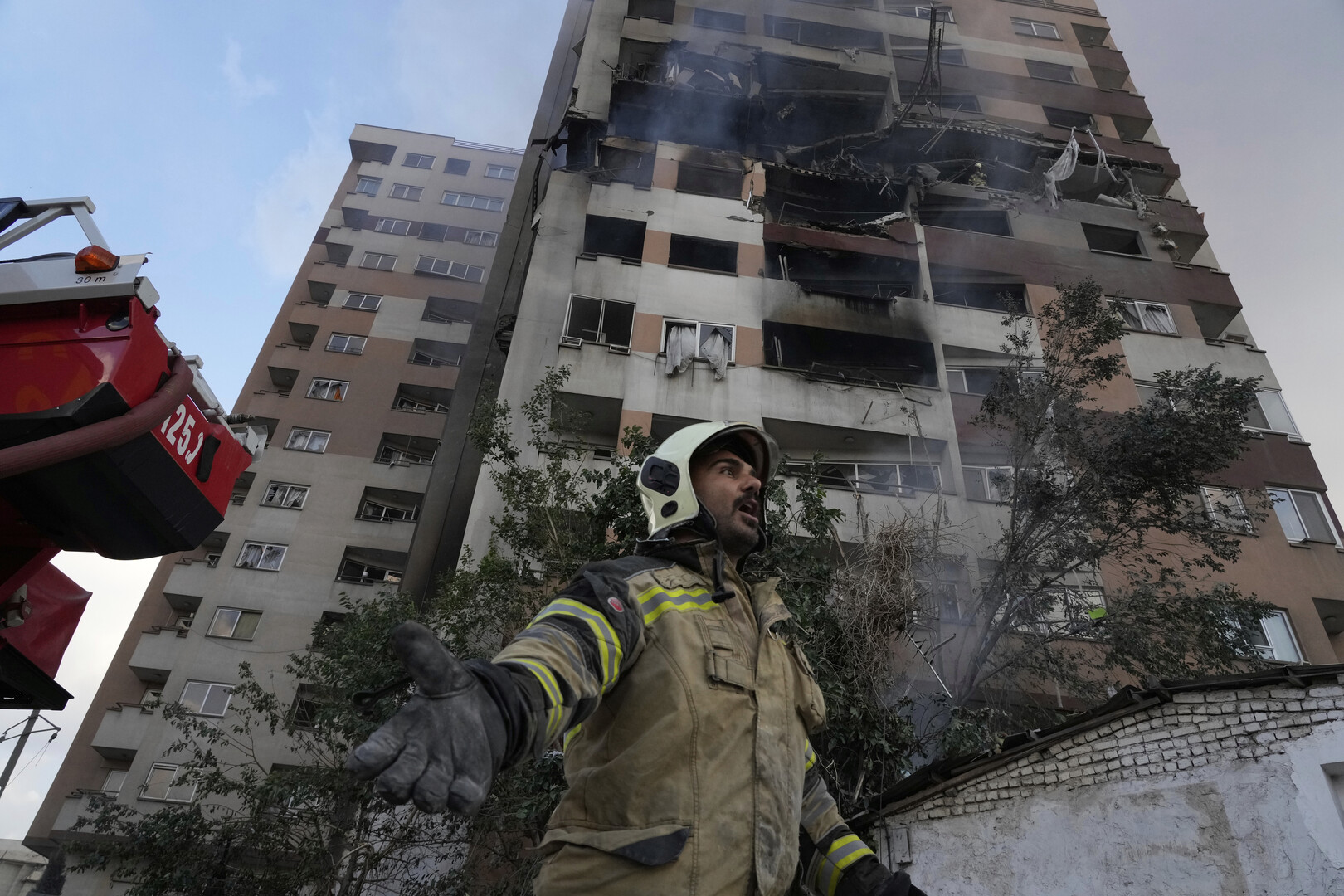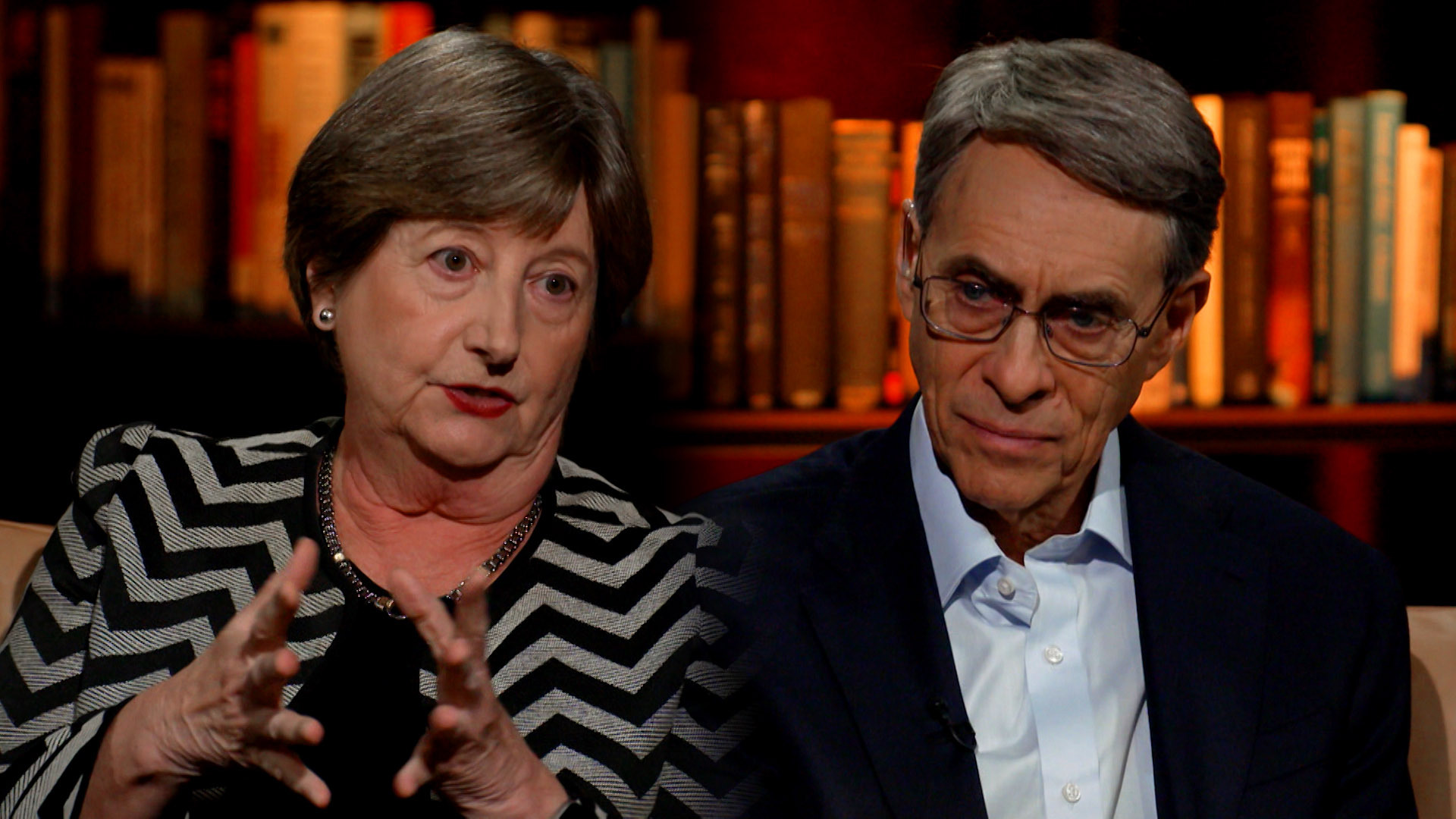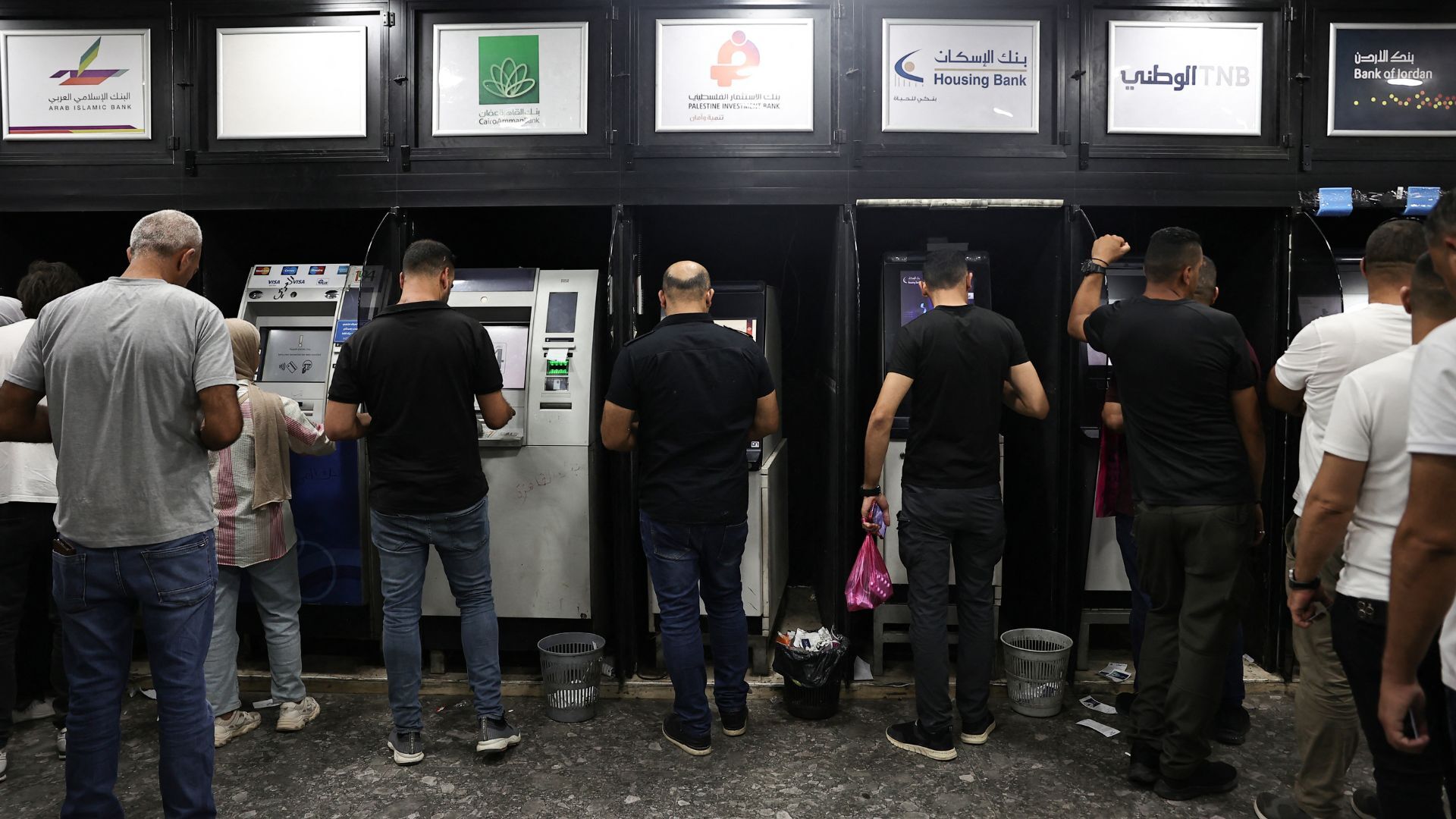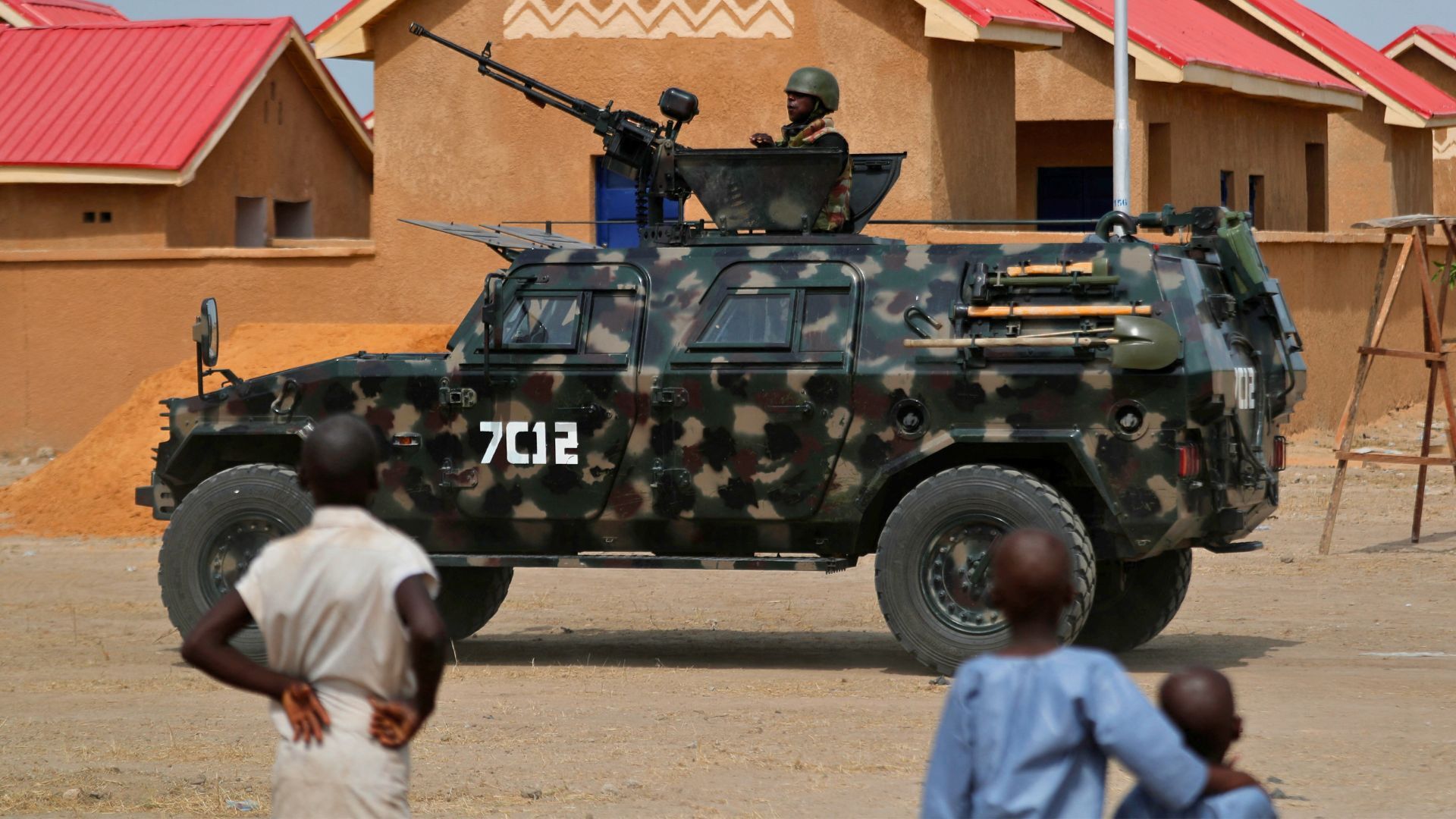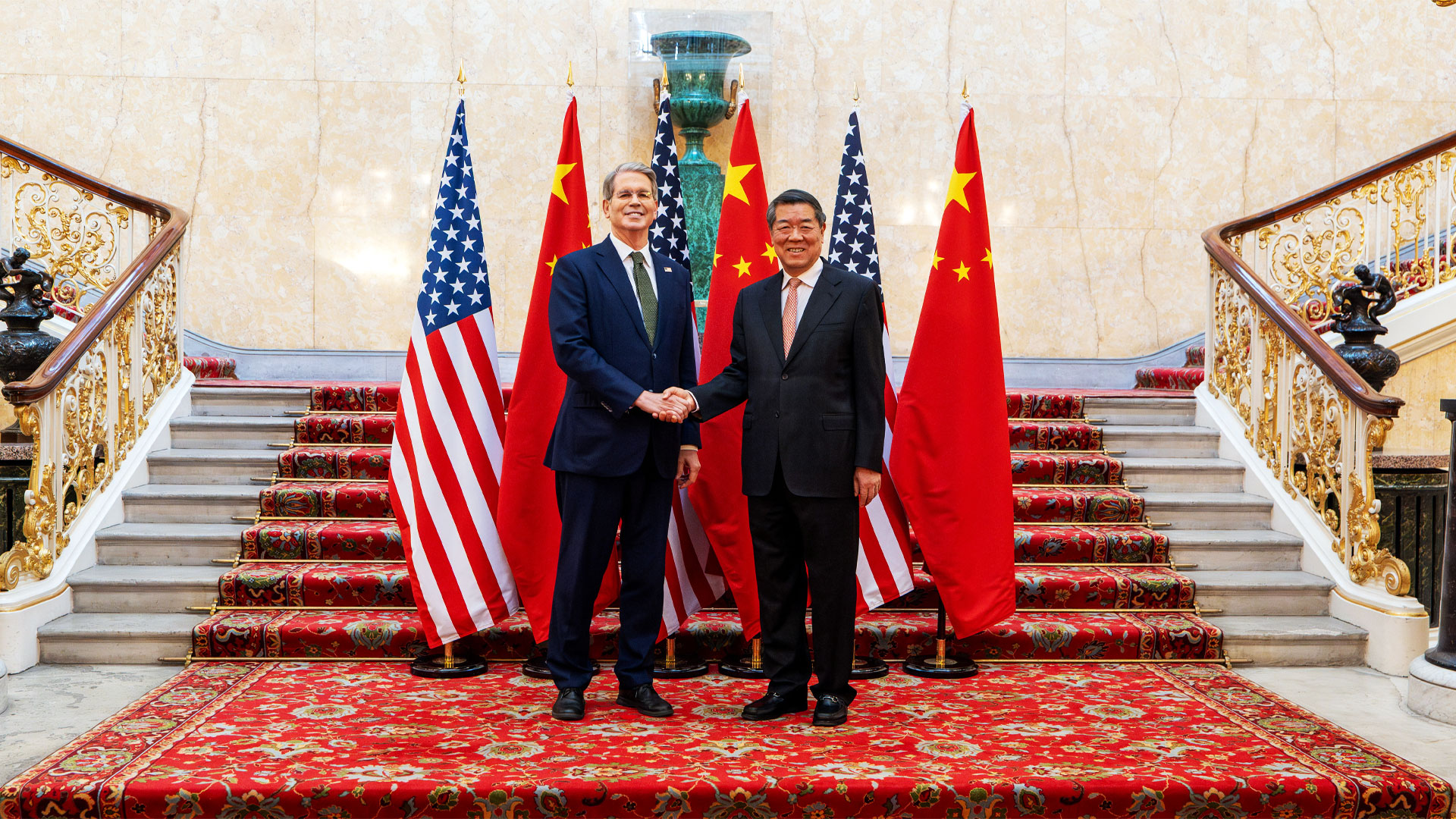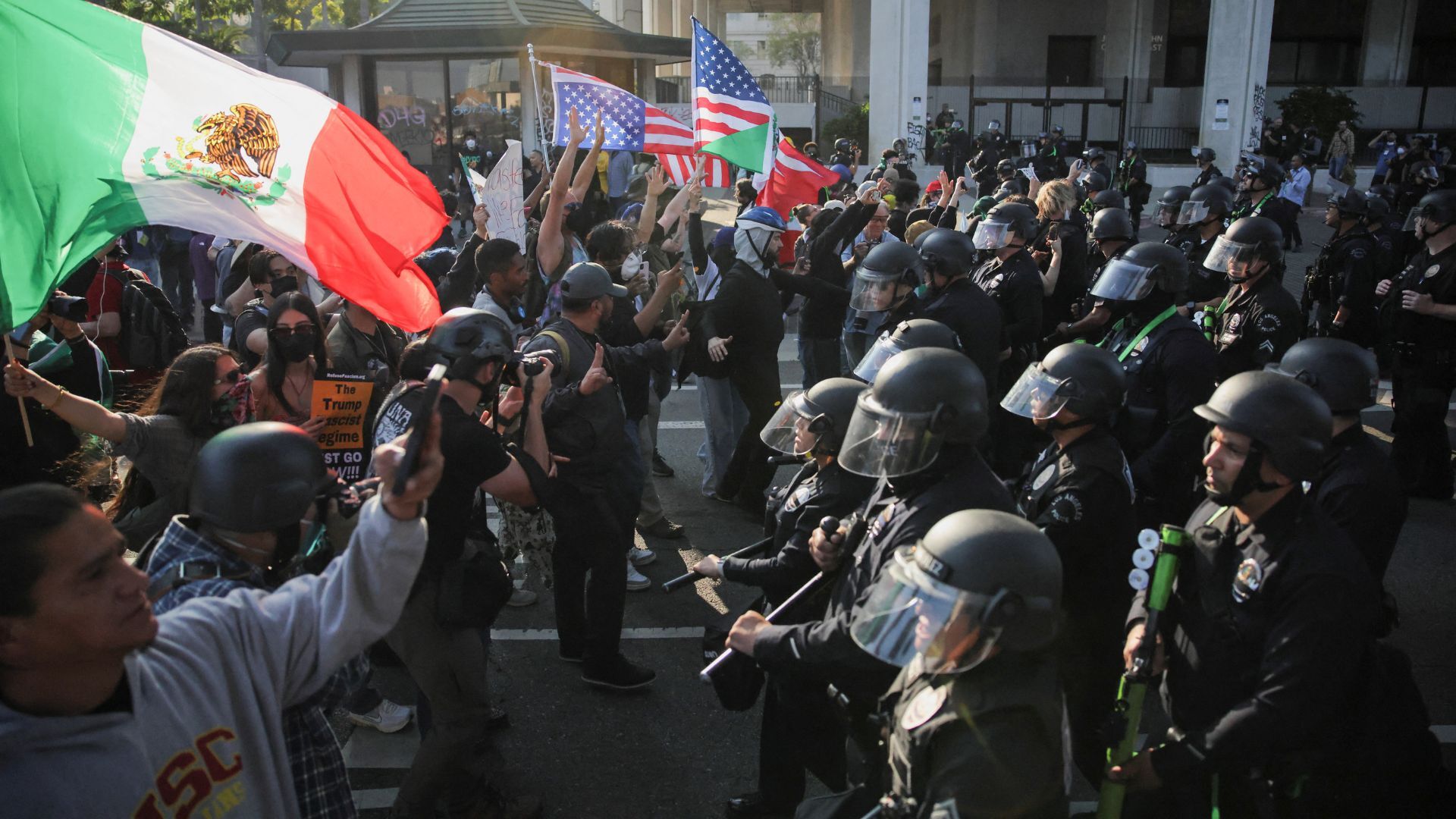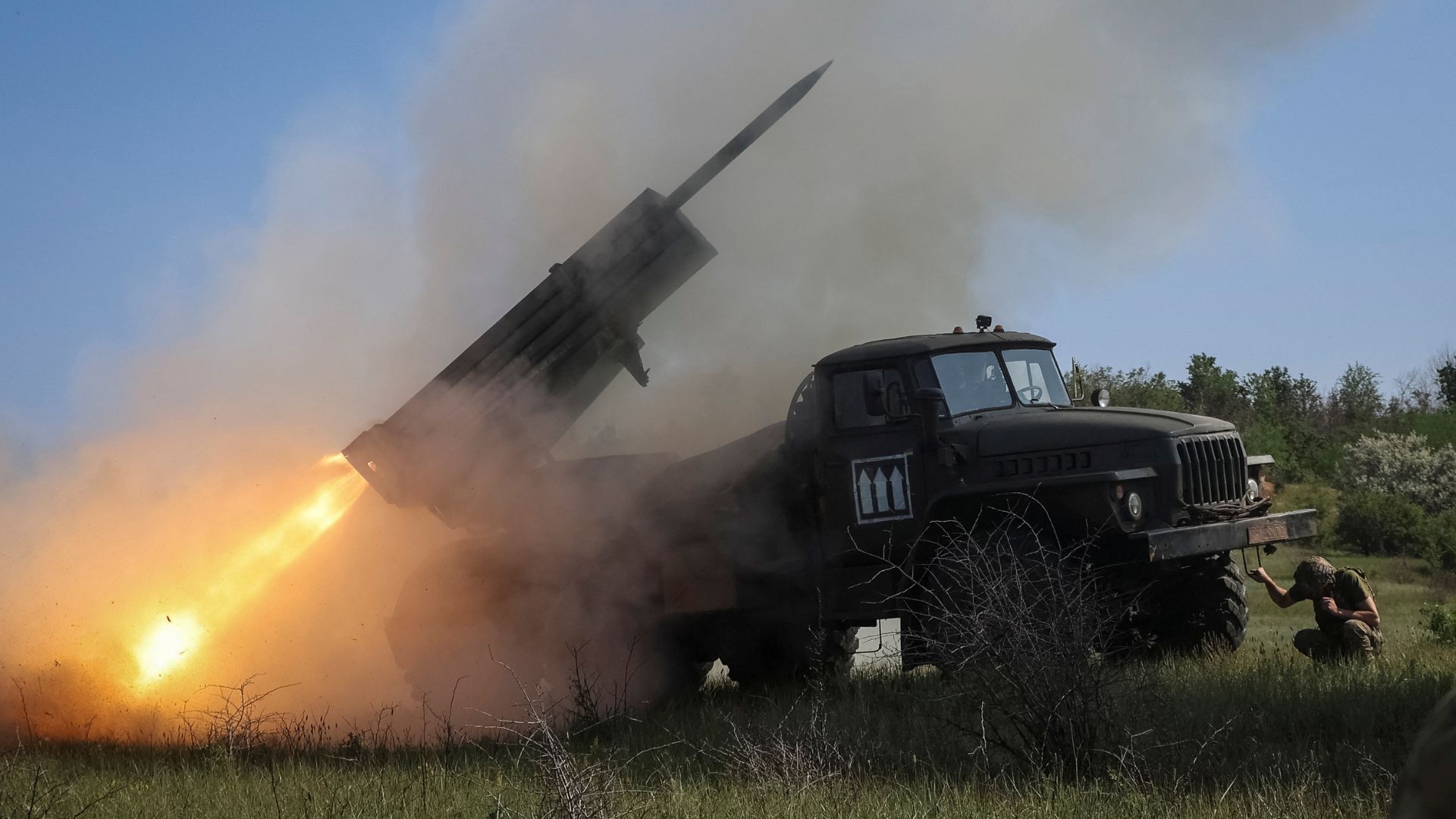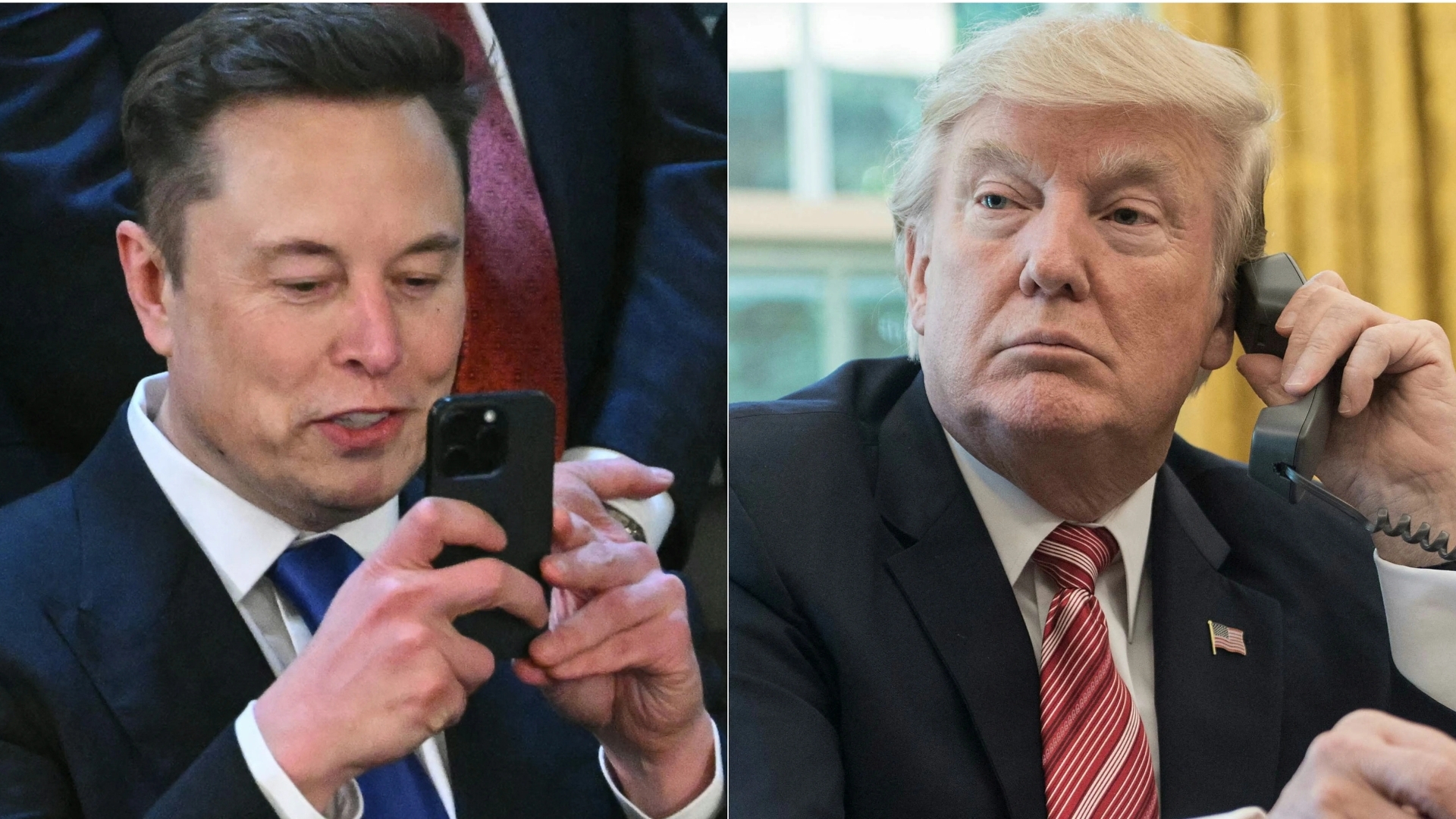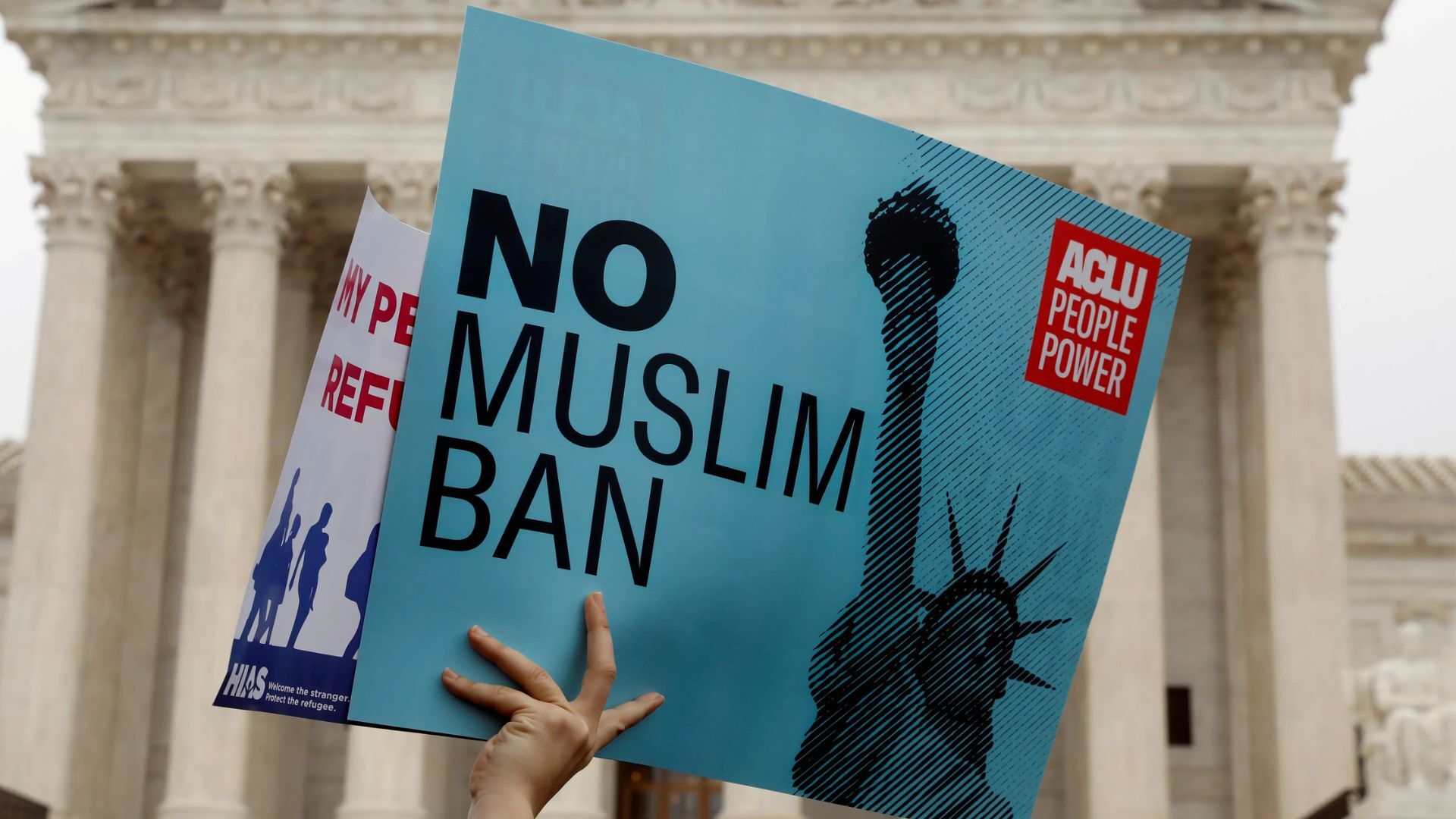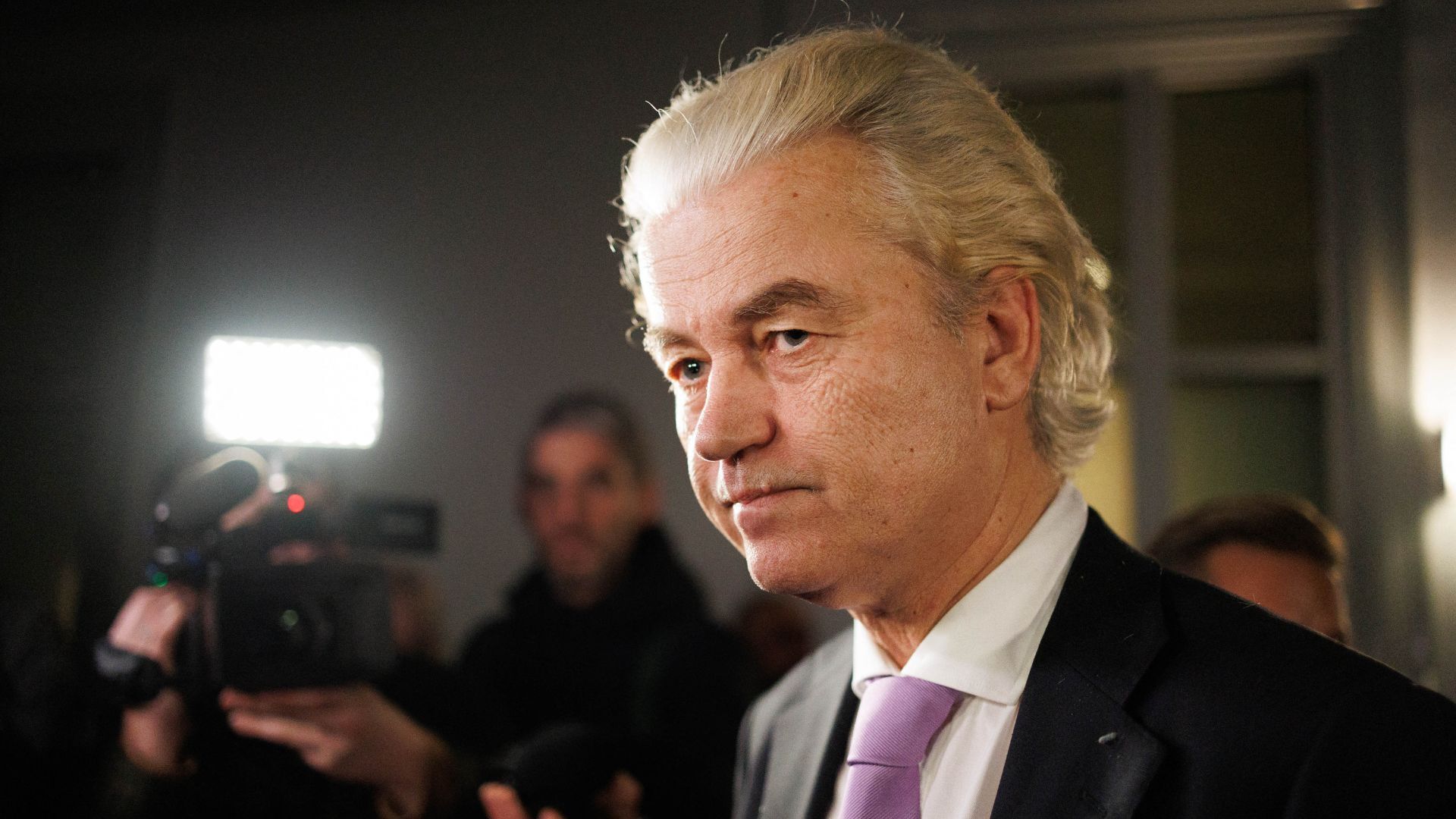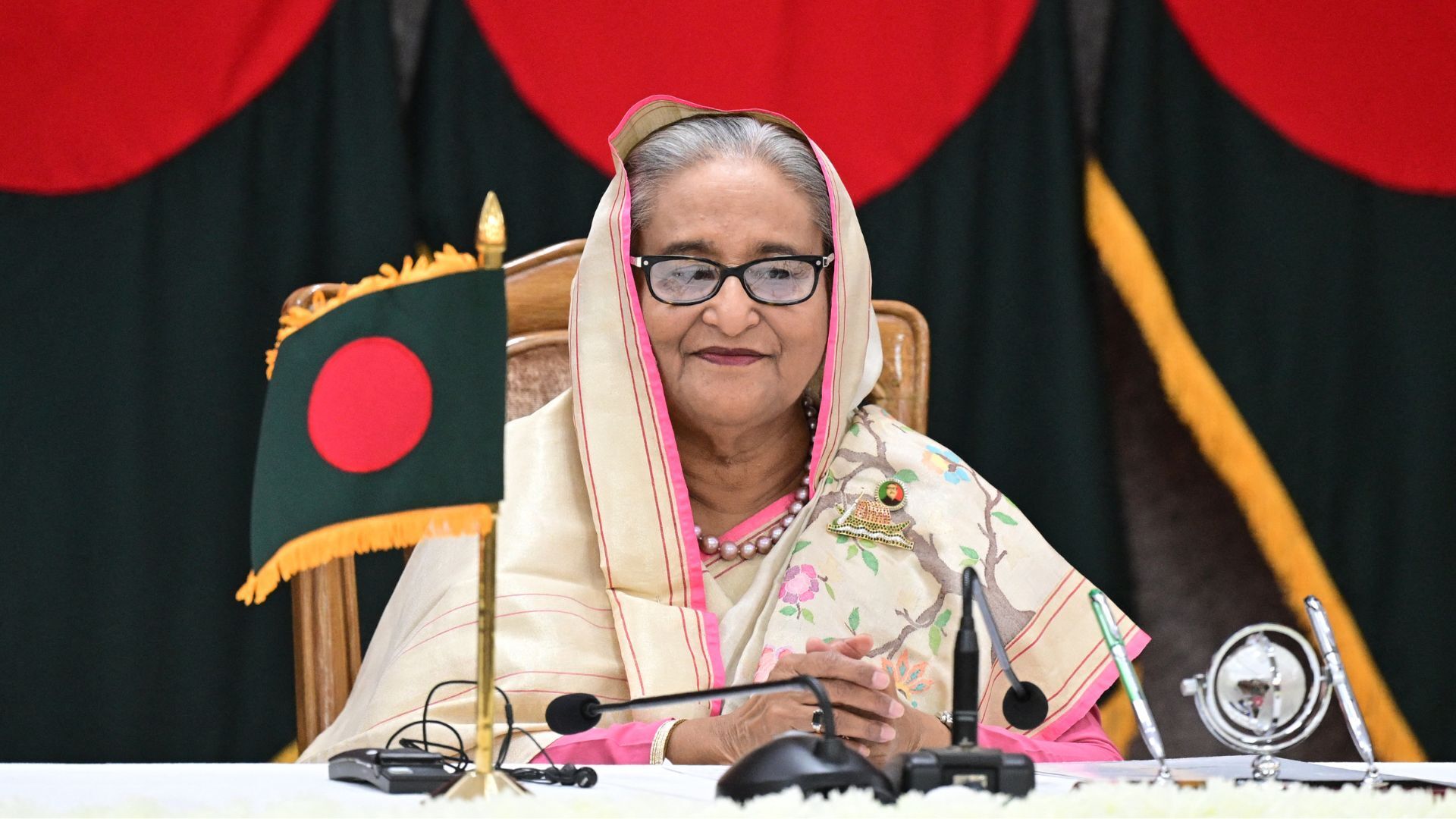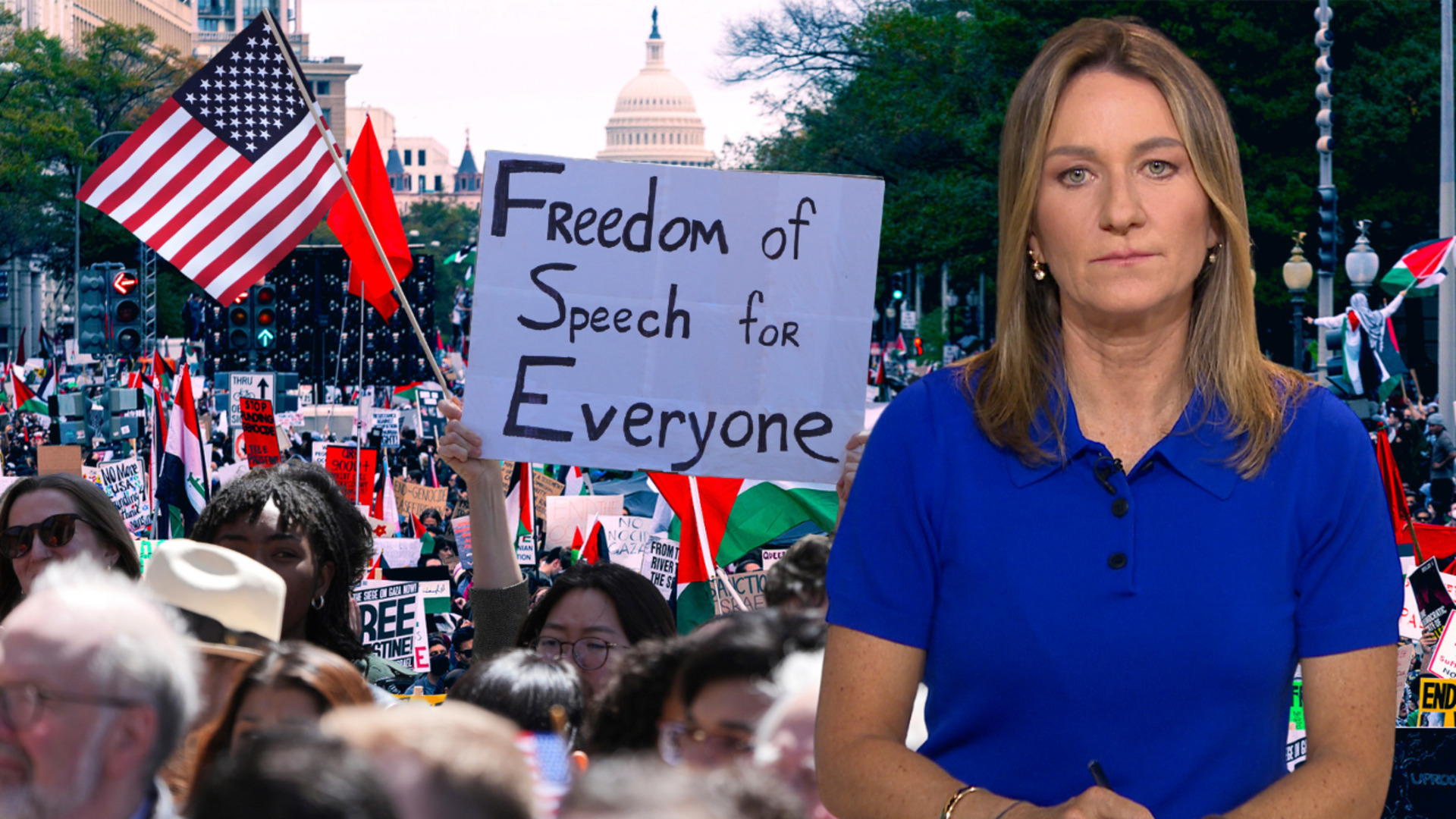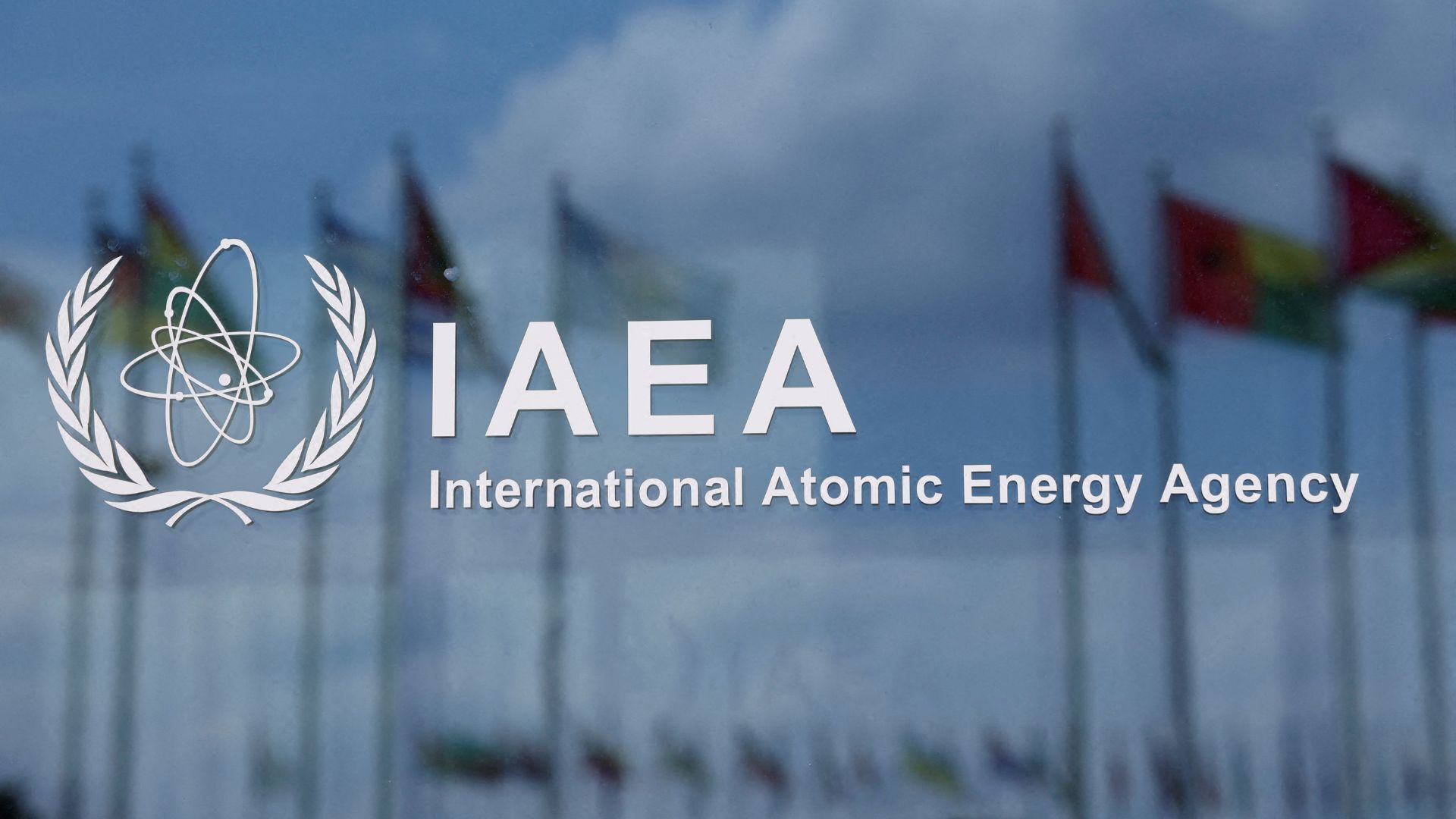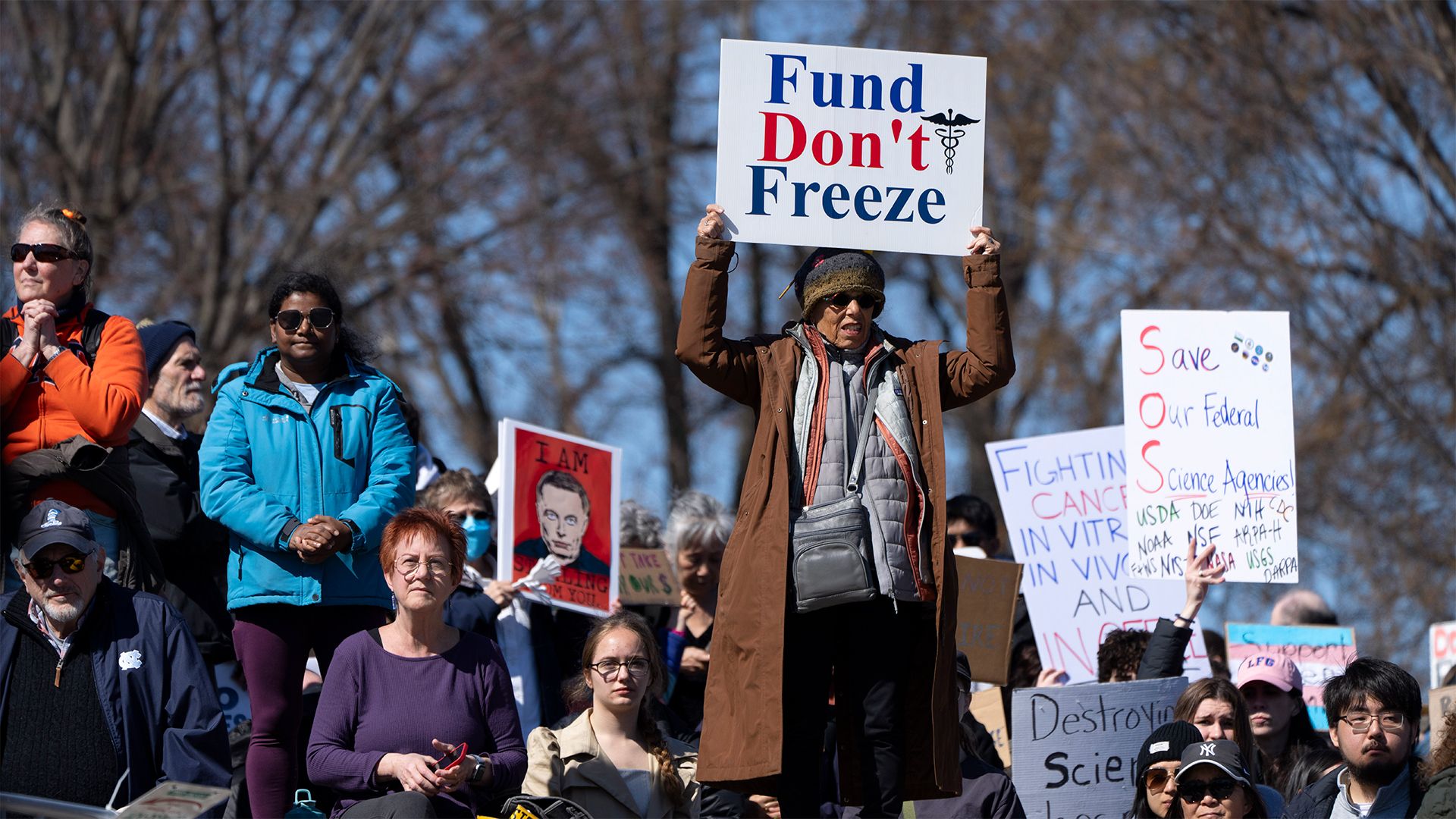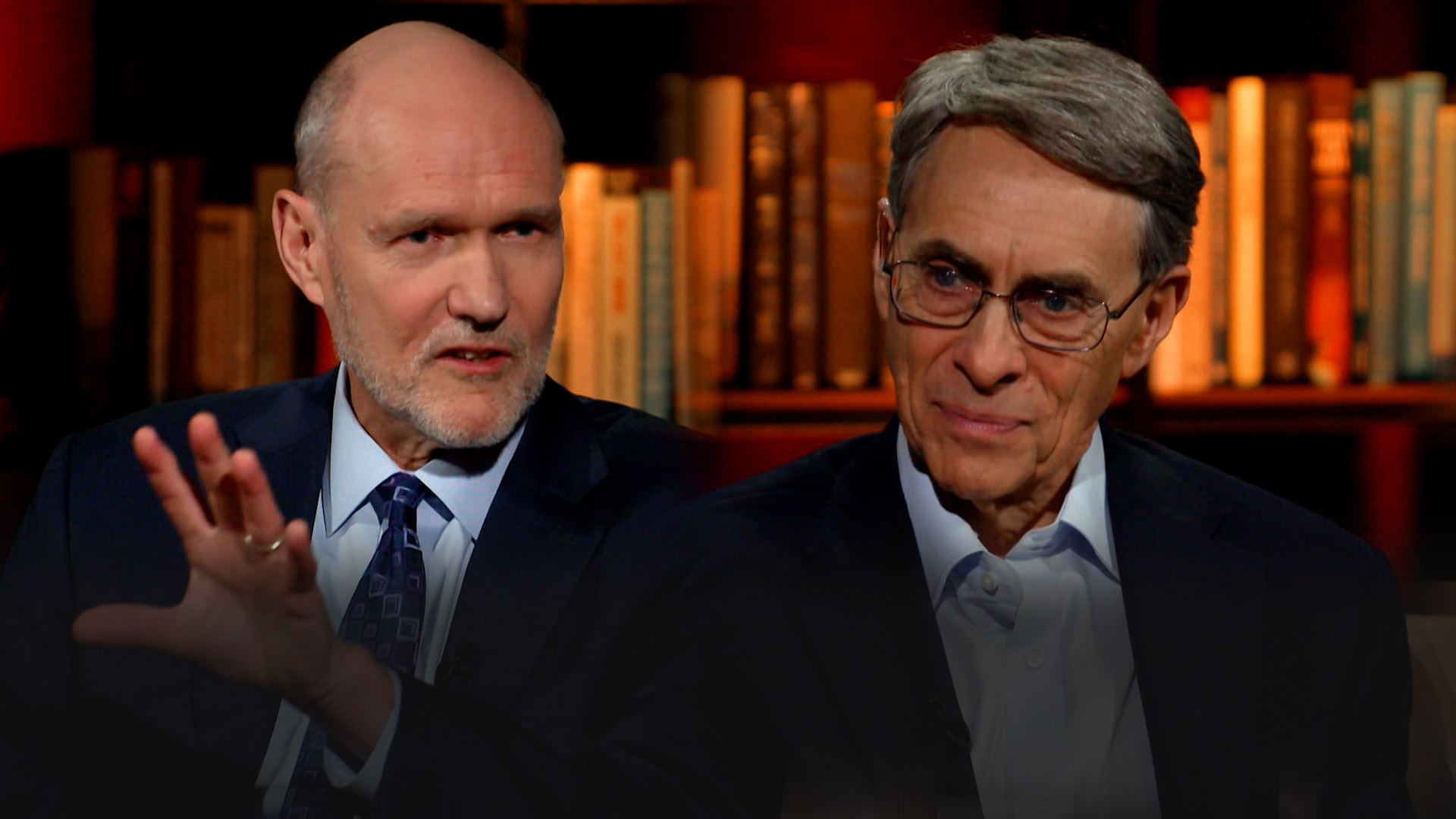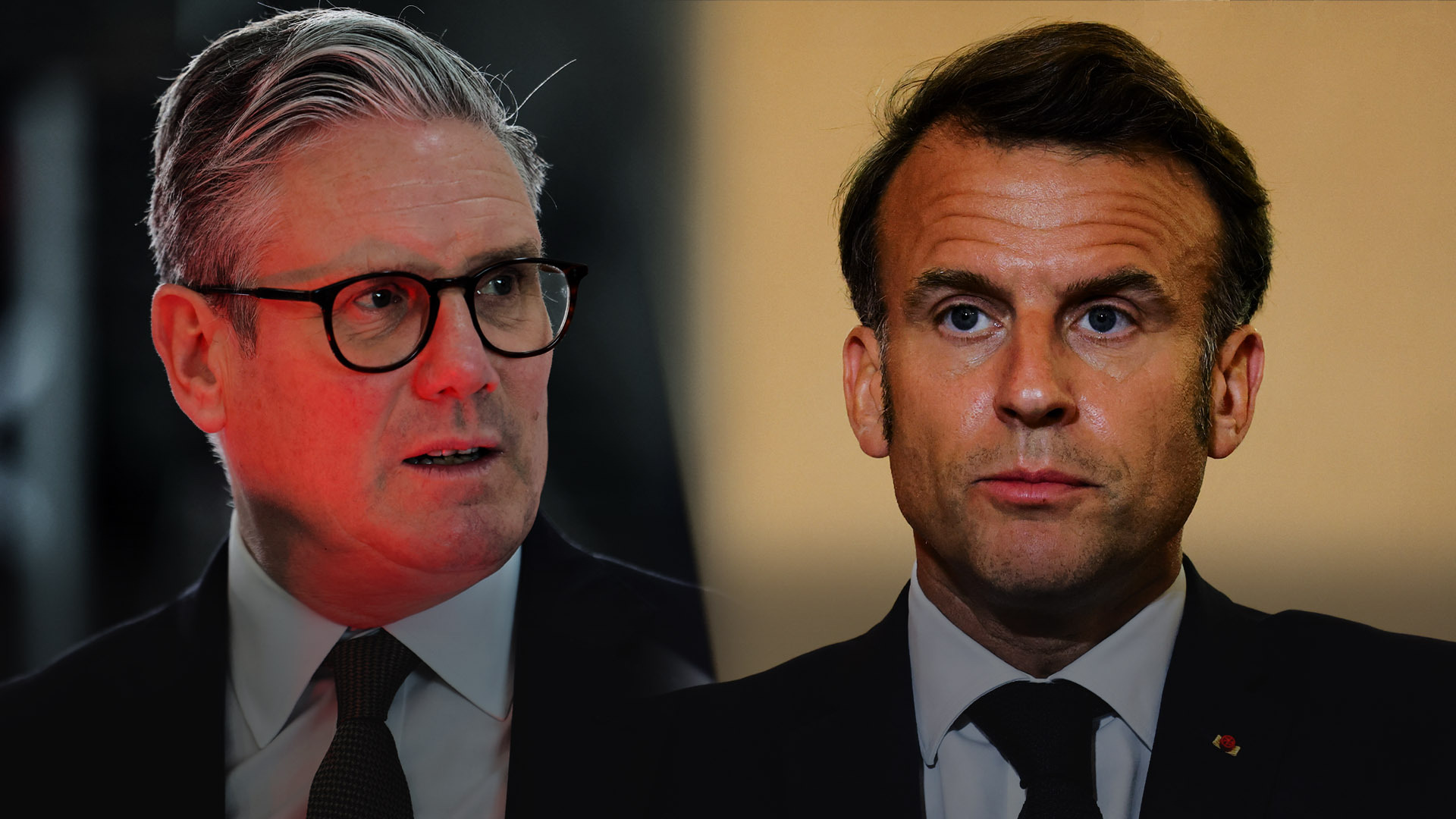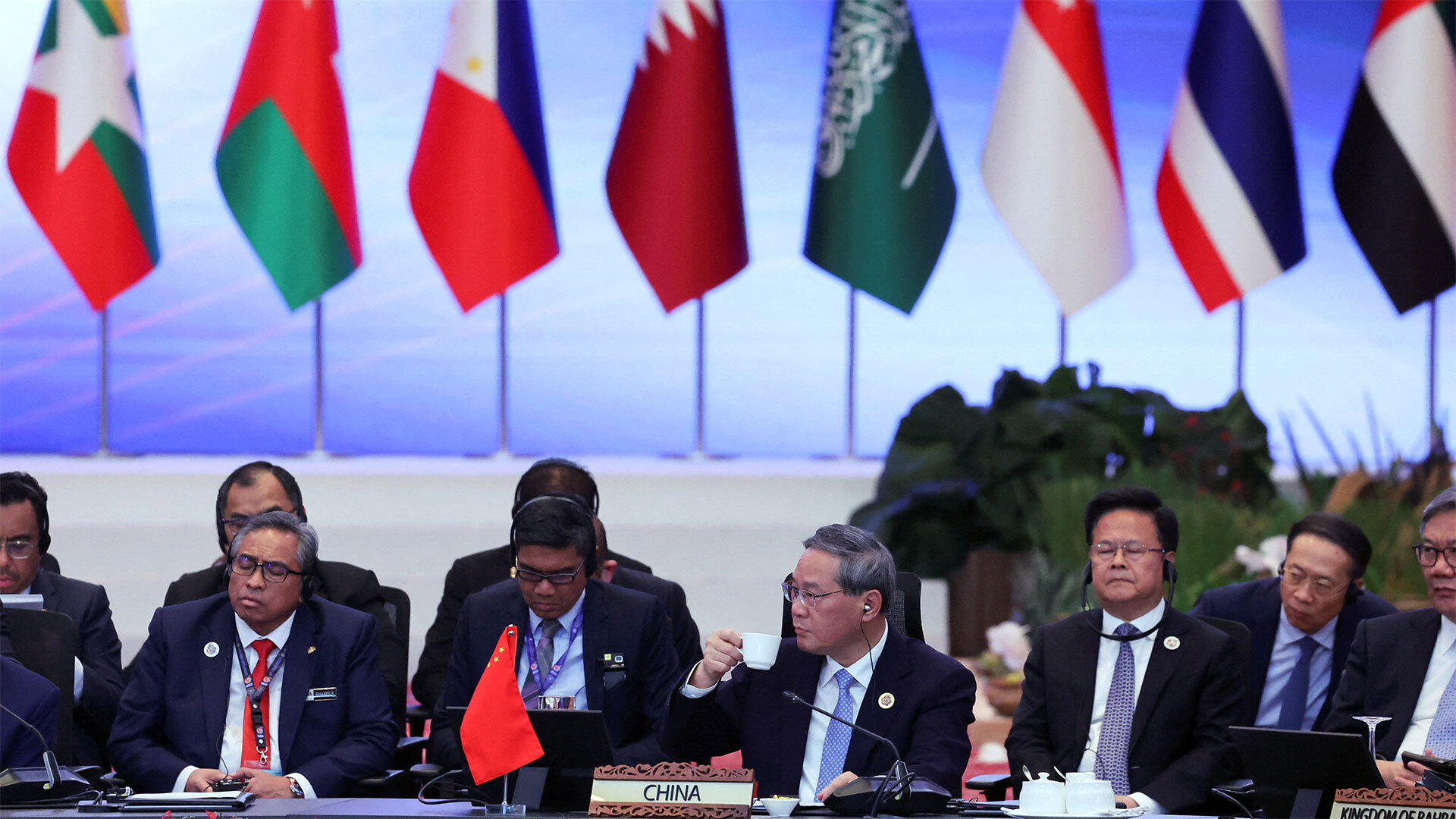Can Israel thwart Iran’s nuclear programme? | Nuclear Weapons
Israel attacks Iranian military and nuclear sites, claiming Iran was close to producing a nuclear weapon.
Israel hit Iran’s nuclear facilities, killed several of the country’s top nuclear scientists, along with the head of the Revolutionary Guard and several military leaders, and damaged residential areas in Tehran.
Iran retaliated by sending hundreds of armed drones towards Israel.
Israel says it had intelligence showing Iran’s nuclear programme was “developing beyond the point of return”.
But the IAEA points out striking nuclear facilities is illegal under international law, as well as dangerous.
Is it really possible for Israel to destroy Iran’s nuclear facilities and is it risking a nuclear disaster by trying?
Presenter: Cyril Vanier
Guests:
Ellie Geranmayeh – Senior policy fellow and deputy head of the Middle East and North Africa programme at the European Council on Foreign Relations
Ali Vaez – Director of the Iran Project at International Crisis Group
Samuel Ramani – Defence analyst and associate fellow at Royal United Services Institute.
